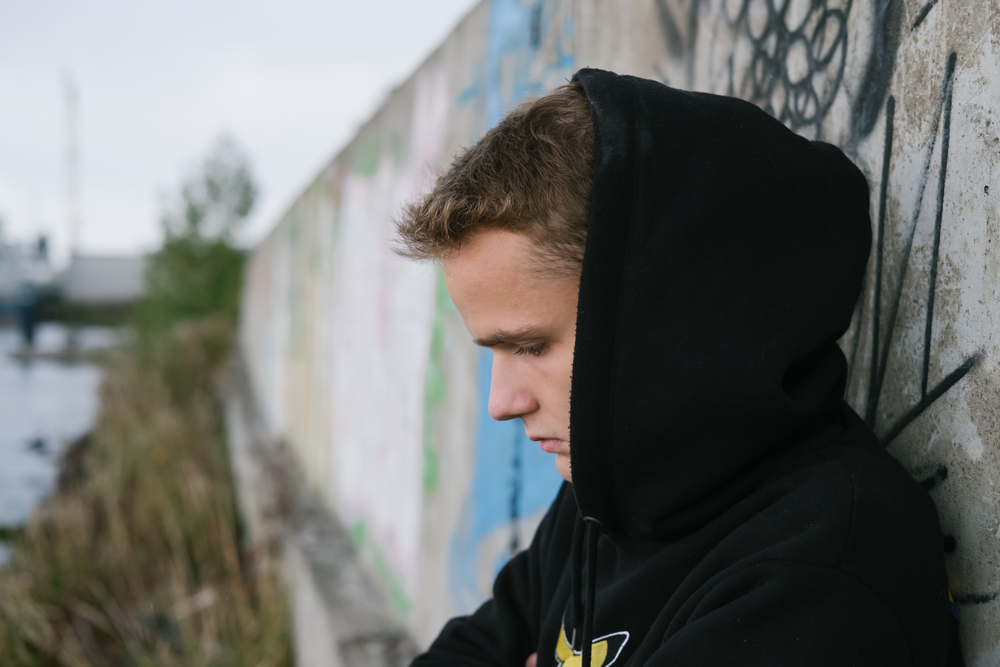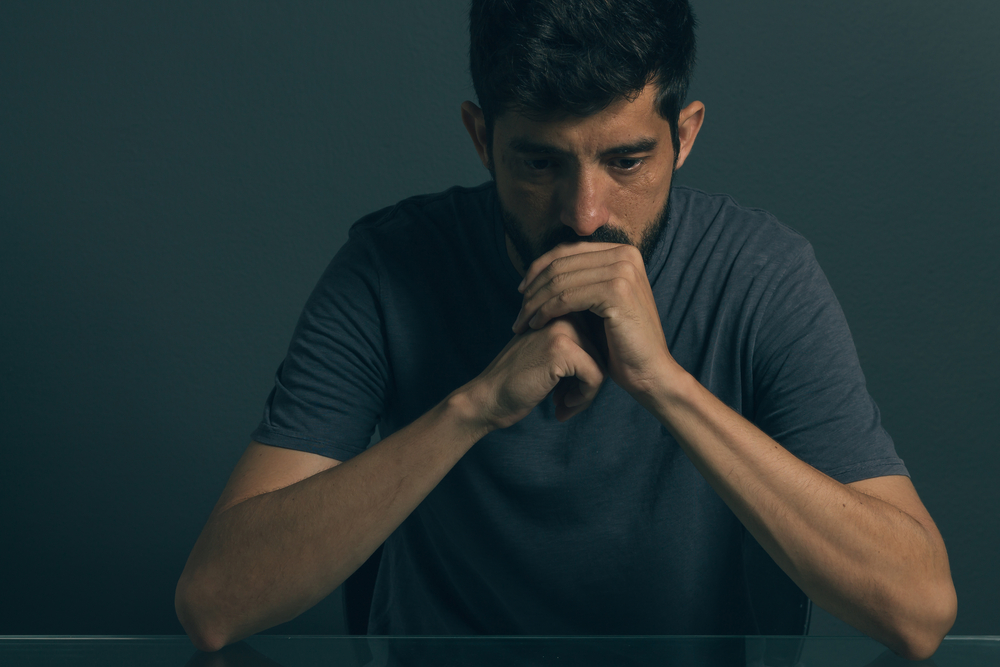According to Psychology Today, the echoes of childhood experiences can linger long into adulthood. Whether it’s unresolved hurt, ingrained beliefs, or patterns picked up from family dynamics, that emotional baggage can sneakily shape how we navigate the world. Ready to unpack? Here are 17 subtle signs that your childhood might still be weighing you down.
1. You have a complex relationship with your parents.

Most people love their parents, but very few actually like them. While parents have a responsibility to look after their kids, there’s a lot of disappointment and miscommunication. It goes deeper than just all-out hating your parents — it’s like waiting for apologies for feelings you haven’t unpacked yet.
2. Your parents never said they were proud of you.

How we receive (or don’t receive) attention from our parents defines how we demand attention as we grow up—this is what we call love languages according to Verywell Mind. For example, if you find yourself chasing after people who give inconstant affection, you probably have daddy issues. If you now love words of affirmation, you could be processing your childhood baggage by pursuing what you never got. Either way, that’s a real mess of fetishizing authority figures you can look forward to unpacking in later life.
3. You resented your siblings growing up.

When you grow up in a complex home environment, you spend a lot of time comparing your experiences with your siblings. Invariably, parents will treat each child slightly differently, but those differences can be very telling when it comes to how your parents see you. Maybe they left you alone because they trusted you, or perhaps they coddled you because they feared you wouldn’t make it.
4. You don’t feel like you’re “enough,” even now.

Parents are often the first people to sow the seeds of inferiority complexes in their kids. Maybe it was the comments about your physical appearance or the comparisons made between your academic performance and your sibling’s. Unweaving these feelings of inferiority that your parents gave you will take some time and hard work with a therapist.
5. You always compared your family to other families.

A subtle sign of childhood emotional baggage might be an intense awareness of your friends’ families. You noticed how their parents set clear rules and boundaries, while also being a reliable source of support. This contrast highlighted what was missing in your own family dynamic, leaving you longing for a sense of structure and security that you never received.
6. You didn’t feel that your parents’ love was unconditional.

This is a tough pill to swallow. You always had to earn your parents’ love when you were younger, whether it was competing in a sports event, doing well at school, or having the “right” partner. They wanted to show you off, but it made you feel like you could screw up and lose their love at any moment.
7. You grew up in a judgmental environment.

Childhood experiences shape our sense of self. If your parents were overly critical or judgmental, it likely stifled your natural curiosity and desire to experiment with new things. Hearing them gossip about other people reinforced the fear of stepping outside what they considered “normal.” This pattern can leave deep resentment and feelings of stunted emotional growth.
8. You were taught that “different” was wrong.

When you start to unpack your childhood baggage, you can start to see how traits you express in the present day came to be. For example, you always remember the one time you tried out for karate, and your parents teased you about it all week. Even now, you still have a voice in your head stopping you from trying new things. Just remember that there’s still time to learn to grow, whether it be the right friend or partner who will see you despite your baggage.
9. Your parents pushed you too hard.

You always thought you were the driving force behind your intense work ethic. However, you can see now that your parents didn’t allow for any other alternative in the household; it was work hard or have a hard time. You reflect on how you got so stressed during exam time that you would regularly cry yourself to sleep. You still have work to do to process your response to stress as a result.
10. You had to grow up way too fast.

Were you the elder sibling and frequently got tasked with looking after your youngest sibling? Maybe your parents thought they’d done their time already, but they called it “the responsibility of the eldest child” to look after the smaller ones. This made it seem like something you had to do, rather than the result of their selfish choices.
11. You’re in therapy.

It’s funny how trauma can unexpectedly reveal itself. You might have booked a therapy session with the intent of downloading about your partner, but then suddenly, you find yourself suddenly tapping into your childhood. Connections between the love we pursue and the love we received when we were younger are inevitable, but therapy will help you process it.
12. Your parents didn’t understand how to help you and it showed.

If parents habitually gave you the silent treatment or weren’t there for you when you needed support, you were neglected. Maybe that worked for your siblings, but it was lazy to take that approach with you. They didn’t understand that you needed structure and advice. They let you fend for yourself.
13. You had to fight for their attention.

When parents create a culture wherein you have to compete with your siblings to be the “favorite,” that’s messed up. It screws with your relationship with your siblings in the future and breeds resentment. You shouldn’t tear each other down.
14. You wondered what life would be like with different parents.

Whether it was a dream, or idolizing your friends’ parents and wishing you could stay with them, these dreams show that you had a complex childhood because you thought about leaving. Maybe you weren’t unhappy, per se, but something within you felt unseen or unheard.
15. You didn’t get to be a kid.

If your parents always involved you in problem-solving and scary situations, like when the bills couldn’t be paid or they needed to do more shifts, then they denied you the peace of just being a kid without any major worries. In being forced to deal with that prematurely, you didn’t get to have a real childhood.
16. You were told failure was bad.

I’m not saying parents themselves don’t have baggage, but that’s no reason to take it out on you. All that did was teach you not to explore or try new things, and now in adulthood, you’re likely afraid of change and have self-esteem issues. This emotional baggage continues to restrict your growth.
17. They made you feel guilty for things you couldn’t control.

When your parents made you feel like you had to help fix everything at home, or always deliver great test results, it forced you to take on more responsibility than you could manage. It’s not sustainable and — in adulthood — has made you feel guilt for things that aren’t your fault because of how your parents made their problems, your problems.








